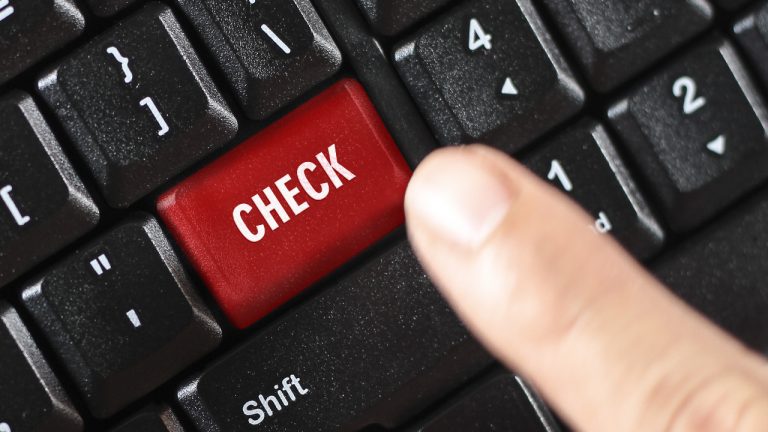Here’s How to Check If a Bitcoin Address Is a Scam
 With the rapid rise in the number of bitcoin scams, there are easy ways to check if a bitcoin address has been reported as being used by scammers, such as in fake bitcoin giveaways. You can also easily report any bitcoin address associated with a scam.
With the rapid rise in the number of bitcoin scams, there are easy ways to check if a bitcoin address has been reported as being used by scammers, such as in fake bitcoin giveaways. You can also easily report any bitcoin address associated with a scam.Check the ‘Bitcoin Abuse’ Database
The number of bitcoin scams has been rapidly rising. Many of them ask people to send bitcoin to the addresses they provide, such as bitcoin giveaway scams that promise to double the amount of bitcoin you send. The great Twitter hack last week, for example, had many high-profile accounts tweet about fake bitcoin giveaways. Before sending your bitcoin to an address, you can check to see if that address has been reported as one being used in a scam. Bitcoin Abuse is a popular website with a public database of bitcoin addresses used by hackers and criminals. You can look up a bitcoin address, report a scam address, and monitor addresses reported by others. If the bitcoin address you are searching on the site has been reported by others, the site will display information, such as the number of times the address has been reported, the last report date and time, the total amount of bitcoin it has received, and the number of transactions. There will also be a link to Blockchain.info for you to track the transactions for the address. The site will also display all the reports filed on the address.

Check With ‘Scam Alert’
Another website where you can easily look up a bitcoin address is Scam Alert, a recently-launched platform created by blockchain tracking and analytics provider Whale Alert. The site explains that its “mission is to make blockchain safer to use for everyone by exposing scammers and other criminals who abuse it.” Users are encouraged to “Report scams, thefts and fraudulent websites involving any blockchain or cryptocurrency.” When inputting an address that has been reported as one used by scammers, the site will immediately pop up a message that reads: “Confirmed scam … This address has been confirmed by Scam Alert as a scam. Do not send any payments to this address.” You can also view the scam report on the address that shows information such as a description of the scam, any associated websites, the number of times it has been reported, and the lifetime earnings of the address in U.S. dollars.
bitcoin abuse bitcoin address Bitcoin Giveaway Bitcoin Scam BTC address check bitcoin scam email scams Free Bitcoin report bitcoin scam scam alert sextortion



